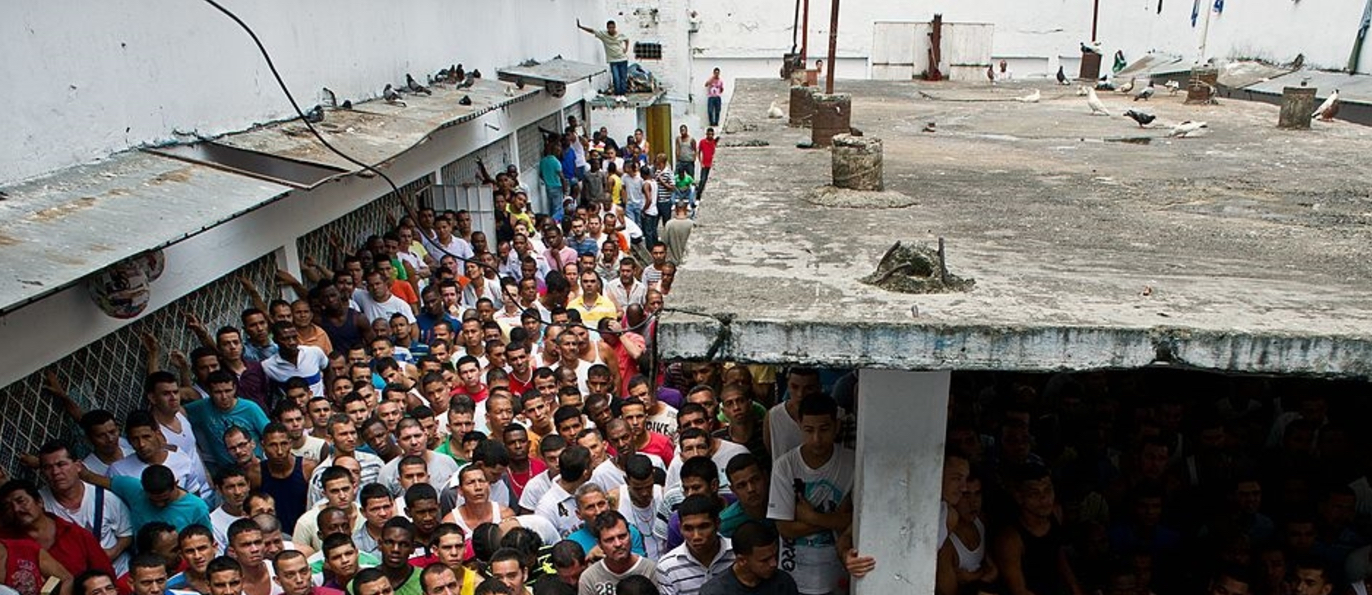Last Thursday the city of Medellín, Colombia’s second largest city and the capital of the state of Antioquia, announced that all criminal detention orders were suspended due to overcrowding jails. The crisis is unprecedented, with occupation more than double capacity in prisons across the city and state.
The decision to suspend arrests was made by Medellin’s Prosecutor’s Office, after failing to receive support from INPEC (National Penitentiary and Jail Institute) and jail directors from this city. INPEC denied the Prosecutor’s Office requests, claiming that their prisons are at capacity and cannot accommodate more prisoners.
As prisons have reached maximum capacity, other facilities such as prison transit centers and police stations are also being used hold prisoners, but these are also at full capacity. The situation has created a near impossible situation for the city, as common criminals have been able to commit crimes without fear of arrest. Flagrant crimes are still being prosecuted, with prisoners being taken to cells in the Immediate Reaction Unit (URI).
There is no easy solution to the crisis, which has been foreseen for months. Federico Gutiérrez, Medellin’s mayor, has urgently appealed to the national government for assistance. The construction of new jails would require funding and take years to build. Some options include the use of private facilities to house criminals and amnesty for criminals who have committed minor crimes, such as drug offenses.







